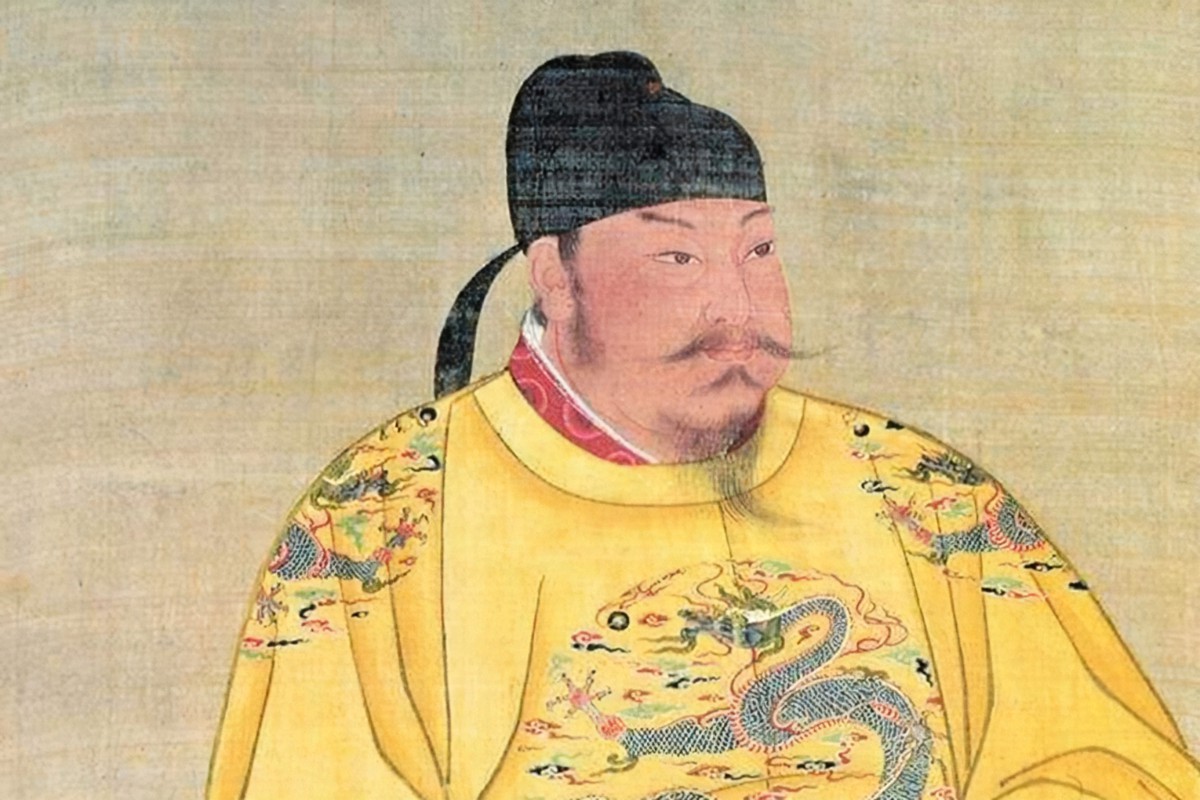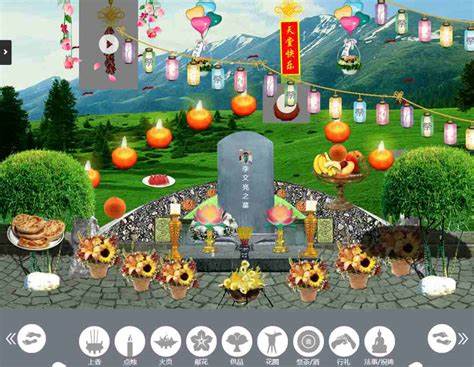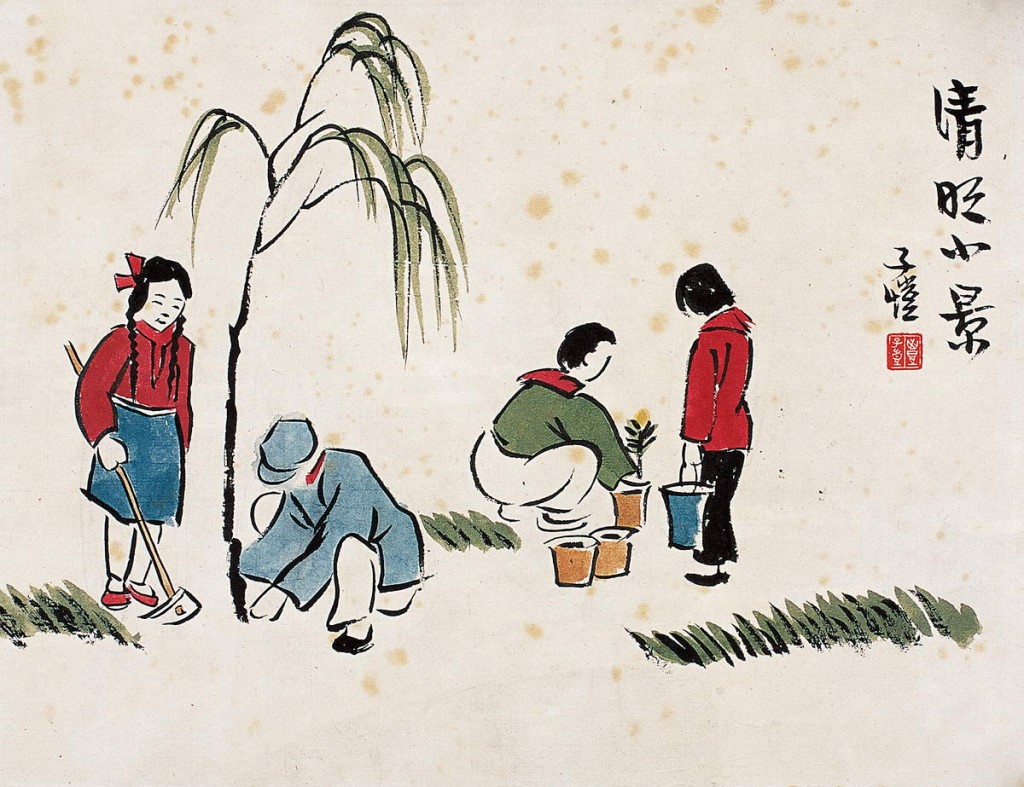Overview
Chinese Name: 清明
English Name: Qingming; Tomb Sweeping Day; the 5th of the 24 solar terms
Date: April 4 (5 or 6)
Sun Position: Celestial Longitude of 15°

Brief Introduction
Qingming 清明 is the name of the 5th solar term of the traditional Chinese lunisolar calendar阴阳历, which divides a year into 24 Solar Terms二十四节气. Qingming begins when the sun reaches the celestial longitude of 15° and ends when it reaches the longitude of 30°. Qingming is both a solar term and a festival. On the one hand, The Qingming Festival is a good time for spring ploughing and spring planting; On the other hand, the Qingming Festival is a traditional day for folks to deposit their emotions and comfort themselves.
In China, when people talk about Qingming, mostly they refer to the festival rather than the solar term. The Qingming Festival, also known as Tomb-Sweeping Day in English, is a traditional Chinese festival observed by the Han Chinese of mainland China, Hong Kong, Macau, Taiwan and by the ethnic Chinese of Malaysia, Singapore, Indonesia, Philippines, Thailand and Vietnamese.

During Qingming, Chinese families visit the tombs of their ancestors to clean the gravesites, pray to their ancestors and make ritual offerings. Offerings would typically include traditional food dishes and the burning of Incense香 and incense papers香纸. The holiday recognizes the traditional reverence of one’s ancestors in Chinese culture.
The origin of Qingming
The festival originated from the Cold Food Festival which remembered Jie Zhitui介子推, a nobleman of the state of Jin during the Spring and Autumn Period. Amid the Li Ji Unrest, he followed his master Prince Chong’er in 655 BC to exile among the Di tribes and around China. Supposedly, he once even cut flesh from his own thigh to provide his lord with soup.
Ten years later, Chong’er became the King of the state of Jin. He was generous in rewarding those who had helped him in his time of need. Except Jie Zitui, he chose to retire to the forest around Mount Mian with his elderly mother. Chong’er tried to find Jie Zitui by burning mountains, which cause Jie Zitui and his mother to be killed. Chong’er was overcome with remorse and erected a temple in his honor. The people of Shanxi subsequently revered Jie Zitui as an immortal.

The present importance of the holiday is credited to Emperor Xuanzong of Tang. Wealthy citizens in China were reportedly holding too many extravagant and ostentatiously expensive ceremonies in honor of their ancestors. In AD 732, Xuanzong sought to curb this practice by declaring that such respects could be formally paid only once a year, on Qingming.
Folk-Custom Activity
Tomb-sweeping Day not only has the themes of sacrifice, memory and remembrance, but also the theme of outing, and the traditional concept of “harmony between man and nature” has been vividly reflected in the Tomb-sweeping Festival. After historical development, the Qingming Festival in the Tang and Song Dynasties integrated a variety of folk customs in many places which has extremely rich cultural connotations.
Eating Green Rice Balls 吃青团子
Green Rice Balls are a popular Qingming food that are made of a mixture of glutinous rice powder and green vegetable juice and stuffed with sweetened bean paste. Sweet green rice balls are jade-green in color, glutinous in taste, and sweet in aroma. In addition, Green Rice Balls is also an essential food used by people in the Jiangnan area to pray their ancestors. Because of this, Green Rice Balls is particularly important in the folk food customs in the Jiangnan area.

Sweeping the Tombs 扫墓
In the country’s Confucian culture, where filial piety is central, millions of Chinese people traditionally flock to cemeteries on Ching Ming Festival to pay respect to their ancestors, cleaning their tombs, burning paper money and symbolically offering food and drinks to the dead.
They pray before their ancestors’ graves and beseech them to bless their families. However, the custom has been greatly simplified today, especially in cities, where many people only put flowers to the dead relatives.

With the changes of the times and the spread of the new crown epidemic, virtual grave sweeping has gradually entered the public’s field of vision. This allows more people to observe the tomb-sweeping festival online, especially providing a convenient way for some people who are stranded overseas.
Putting Willow Branches on Gates 插柳
During the Qingming Festival, some people wear soft willow branches and place the branches on gates and front doors. People believe that this custom will ward off wandering evil spirits during Qingming.
The willows are considered magical is mainly a Buddhist influence. Traditional pictures of the Goddess of Mercy Guanyin often show her seated on a rock with a willow branch in a vase of water at her side. The goddess used this mysterious water and branch to scare away demons.

According to historical records, there is an old saying: “Put willow branches up on gates; drive ghosts away from houses.”
Qingming (清明)
Recommend for you: